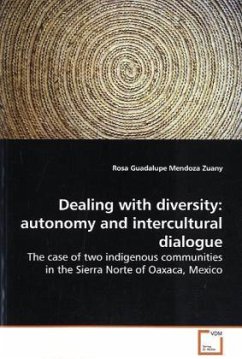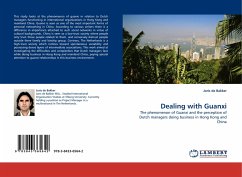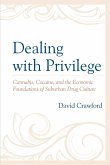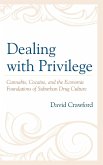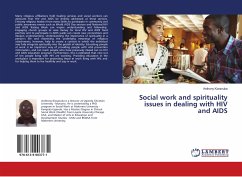Ixtlán and Guelatao, indigenous Zapotec communities
in the Sierra Norte of Oaxaca, Mexico, have
achieved an important degree of community-based
autonomy relying on dialogue at the internal and
external level.
This book explores the relation between the
construction of autonomy and the exercise of
intercultural dialogue at the intra-community,
inter-community and external levels through the
analysis of three main themes. First, the
categorisation of their inhabitants to define their
rights and responsibilities within the internal
socio-political structures. Second, the
re-appropriation of their territories and natural
resources and organisation around the figure of the
comunidad agraria. Finally, the relation between
communities within the municipality of Ixtlán on
issues such as allocation of federal funds and usos y
costumbres ruling their interactions; and the
political and ideological influence of outsiders on
the municipal balance of power.
This research should be useful to social scientists,
students, activists, politicians, indigenous
organisations and communities who are trying to
understand experiencies of de facto indigenous
autonomy through intercultural dialogue.
in the Sierra Norte of Oaxaca, Mexico, have
achieved an important degree of community-based
autonomy relying on dialogue at the internal and
external level.
This book explores the relation between the
construction of autonomy and the exercise of
intercultural dialogue at the intra-community,
inter-community and external levels through the
analysis of three main themes. First, the
categorisation of their inhabitants to define their
rights and responsibilities within the internal
socio-political structures. Second, the
re-appropriation of their territories and natural
resources and organisation around the figure of the
comunidad agraria. Finally, the relation between
communities within the municipality of Ixtlán on
issues such as allocation of federal funds and usos y
costumbres ruling their interactions; and the
political and ideological influence of outsiders on
the municipal balance of power.
This research should be useful to social scientists,
students, activists, politicians, indigenous
organisations and communities who are trying to
understand experiencies of de facto indigenous
autonomy through intercultural dialogue.

